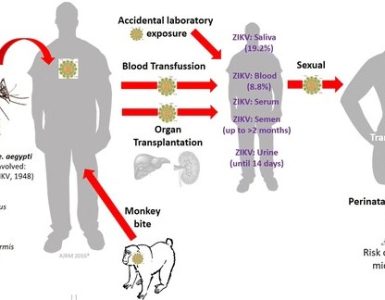 The success of messenger ribonucleic acid (mRNA) Covid-19 vaccines may have sped up the timelines for seasonal influenza shots based on having the same platform, but non-emergent conditions may mean a relatively standard, and therefore slower, approval pathway.
The success of messenger ribonucleic acid (mRNA) Covid-19 vaccines may have sped up the timelines for seasonal influenza shots based on having the same platform, but non-emergent conditions may mean a relatively standard, and therefore slower, approval pathway.
The fast-tracked timeline for Covid-19 vaccines has set the stage for quicker development of mRNA vaccines for influenza. However, unlike Covid-19 vaccines, there are approved—albeit unsatisfactorily effective—alternatives for the prevention of influenza. In the absence of a sense of urgency for influenza vaccines in the middle of a pandemic, the upcoming investigational mRNA vaccines will likely follow the same regulatory route as traditional vaccine approvals.
Unlike Covid-19 vaccines, which were authorised based on placebo-controlled studies, influenza vaccines may need efficacy and safety comparisons to available alternatives to guide recommendations. The risk-benefit analysis for seasonal influenza vaccines is different from that of Covid-19 mRNA vaccines being authorised in the middle of a pandemic. For example, given the higher risks associated with Covid-19 infections, mild or rare side effects were still acceptable. However, the severity and frequency of adverse events (AEs) will be scrutinised much more closely when it comes to influenza vaccines, experts said.
Sanofi and Translate Bio initiated a Phase I study with their monovalent influenza vaccine in June, while Moderna also initiated a Phase I/II study with its own mRNA influenza vaccine mRNA-1010 earlier this month. Translate Bio did not specifically comment on this story but confirmed its Phase I study will report data by the end of 2021. Just last week, Sanofi announced its plans to acquire Translate Bio and its mRNA technology platform so it could allow the former to develop additional opportunities in the mRNA space.
Pfizer and BioNTech are developing a mRNA influenza vaccine named BNT161 under a collaboration they entered in August 2018. Pfizer/BioNTech’s Comirnaty (BNT162b2) and Moderna’s Spikevax (mRNA-1273), both mRNA Covid-19 vaccines, received Emergency Use Authorization (EUA) in December 2020.
Others in the pipeline include Arcturus Therapeutics, which plans to file a Clinical Trial Application (CTA) with regulatory agencies to start a study for its LUNAR-FLU candidate this year.
Pfizer, BioNTech and Moderna did not respond to a request for comment, while Arcturus did not respond before deadline.
Source: Clinical Trials Arena

















